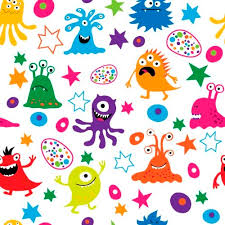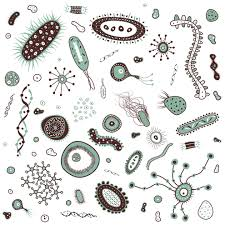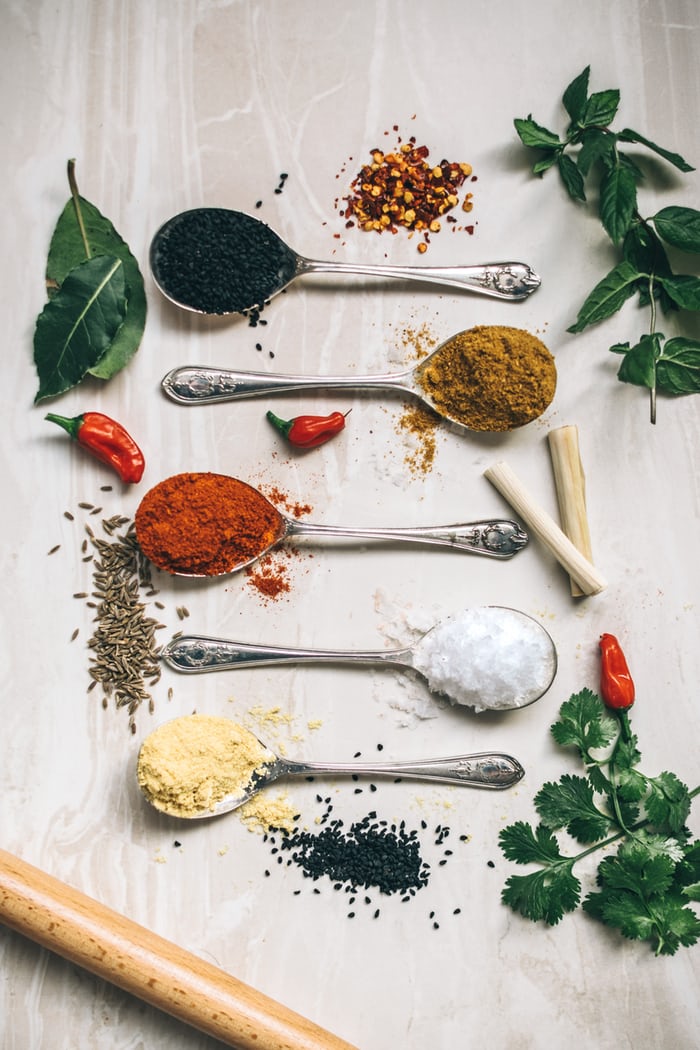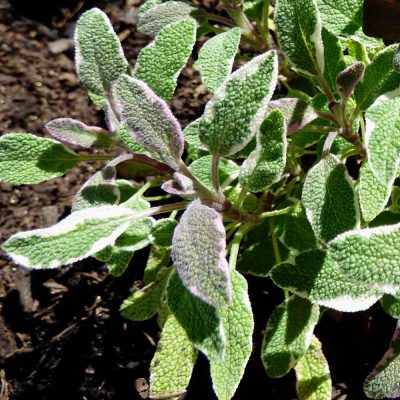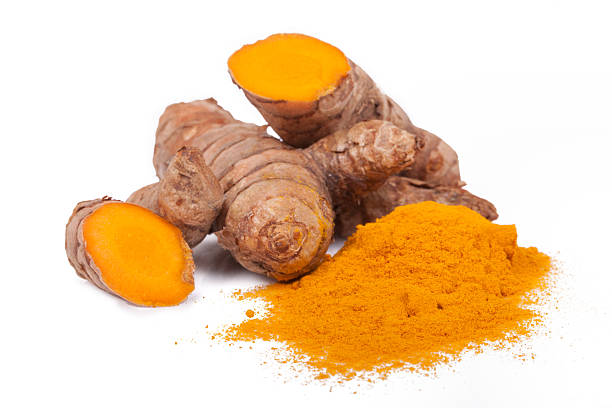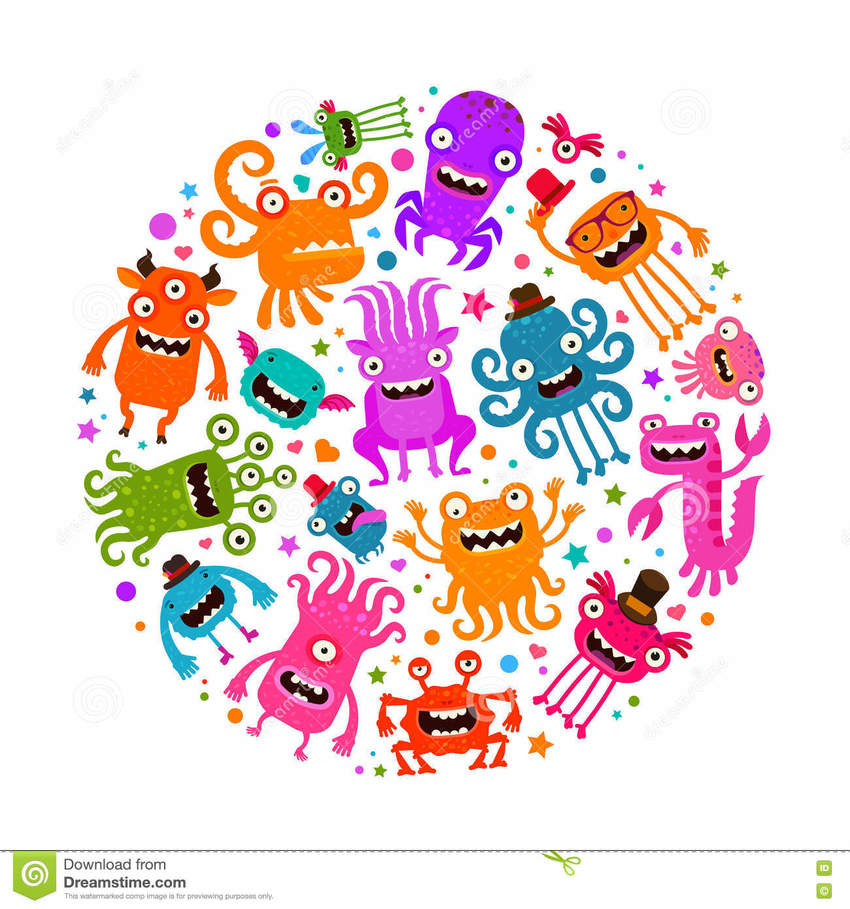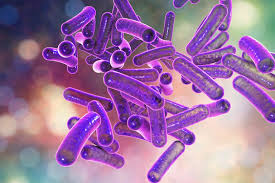Ayurveda's "person-centric", non-standardized approach to health
Sep
30
 Ayurvedic health is a 3,000 hear old holistic approach to an individual's personal health from India based on the three
Ayurvedic health is a 3,000 hear old holistic approach to an individual's personal health from India based on the three Doshas: Vata (air, ether), Pitta (fire), and Kapha (water, earth).
Ayurveda on the other hand, is person-centered vs. pathology-centered. It takes the approach that respects and considers the uniqueness of each individual in applying health care solutions. Ayurveda works with all levels of the person, the physical, mental, and spiritual, and both internal (microcosm) and external factors (macrocosm).
It believes each individual must take responsibility for their own health with a preventive, natural approach to addressing our symptoms and health issues.


